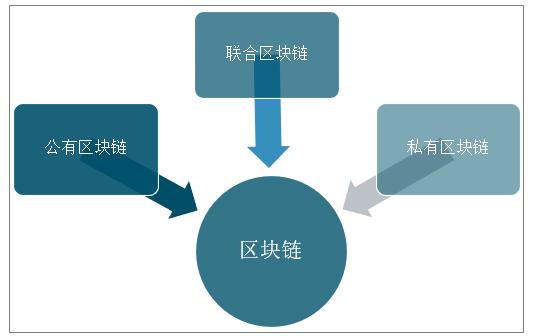Title: Exploring Private Blockchain Use Cases
Private blockchains, unlike public ones, are operated by a single organization or a consortium of multiple organizations. They offer controlled access to authorized participants and are tailored for specific use cases within industries. Let's delve into some compelling examples of private blockchain implementations across various sectors.
Private blockchains find extensive application in the finance and banking sector, primarily for enhancing security, reducing transaction times, and streamlining processes. For instance, a consortium of banks might utilize a private blockchain for interbank transfers, ensuring swift and secure transactions while maintaining confidentiality.
Case Study: Project Ubin in Singapore, led by the Monetary Authority of Singapore (MAS), employs a private blockchain for clearing and settling payments and securities between participating banks and financial institutions. This initiative aims to modernize Singapore's financial infrastructure, making transactions more efficient and costeffective.
Private blockchains offer transparency and traceability in supply chain management, enabling stakeholders to track the movement of goods and verify their authenticity. Companies leverage this technology to enhance trust among partners, mitigate counterfeiting risks, and optimize logistics processes.
Case Study: Walmart, in collaboration with IBM, employs a private blockchain to track the journey of food products from farm to store shelves. By scanning QR codes on product packaging, consumers and retailers can access detailed information about the product's origin, processing, and transportation, fostering transparency and ensuring food safety.

In healthcare, private blockchains facilitate secure sharing of patient data among authorized healthcare providers, ensuring data integrity, patient privacy, and regulatory compliance. Healthcare organizations leverage this technology to streamline medical record management, enable interoperability, and facilitate research collaborations.
Case Study: MedRec, developed by researchers at MIT, utilizes a private blockchain to maintain and share electronic health records (EHRs) securely. Patients have granular control over their data, granting access to healthcare providers as needed. MedRec enhances data security and facilitates seamless sharing of medical information while preserving patient confidentiality.
Governments leverage private blockchains to enhance transparency, streamline administrative processes, and ensure the integrity of public records. From identity management to voting systems, private blockchains offer numerous applications for improving government services and fostering trust among citizens.
Case Study: The Government of Estonia employs a private blockchain for its eresidency program, which enables nonresidents to access Estonian digital services and establish businesses remotely. The blockchain ensures the security and authenticity of digital identities and transactions, empowering individuals and businesses to engage seamlessly with Estonian government services.
Private blockchains continue to revolutionize various industries by offering secure, efficient, and transparent solutions to complex challenges. As organizations recognize the potential of this technology, we can expect to see further innovation and adoption across diverse sectors, driving digital transformation and unlocking new opportunities for growth.
标签: 区块链私有链结构 区块链私有链行业链 区块链的案例视频 区块链私有链的案例研究 区块链联盟链公有链私有链






